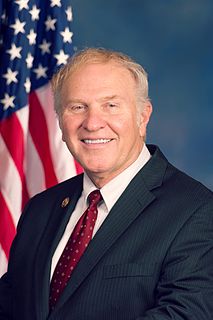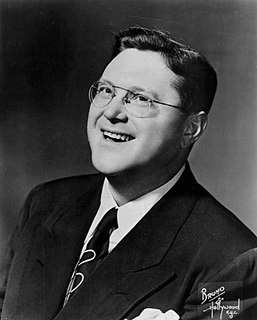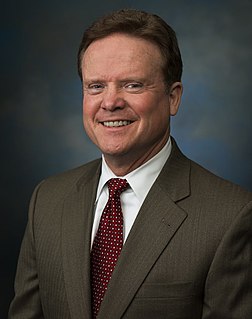A Quote by Donald Trump
These guys sit in the Senate - even though he misses most of the votes, by the way - but he sits in the Senate and listens to this stuff all the time.I'm out working, producing jobs all over the place and building a great company.
Related Quotes
The Senate wants you to know how terribly, sincerely sorry they are even though not a single member of today's Senate was even in office the last time America saw a lynching. Some were not even born. But that's the way we prefer our apologies in American politics. We don't apologize for our own sins.
Moments ago, the U.S. Senate decided to do the unthinkable about gun violence - nothing at all. Over two years ago, when I was shot point-blank in the head, the U.S. Senate chose to do nothing. Four months ago, 20 first-graders lost their lives in a brutal attack on their school, and the U.S. Senate chose to do nothing. It's clear to me that if members of the U.S. Senate refuse to change the laws to reduce gun violence, then we need to change the members of the U.S. Senate.
Bob Torricelli, Democrat member of the Senate, was basically about to be thrown out of office on corruption charges, and he went to the floor of the Senate to deny everything. And we juxtaposed his denials with an attorney from someone in an action against Torricelli who was listing all of the gifts and all the bribes that Torricelli had been given and offered in exchange for policy considerations on the Senate floor. So he's on the Senate floor denying it.
The Supreme Court consistently favors organized money and the political privileges of the corporate class. We have a Senate that is more responsive to affluent constituents than to middle-class constituents, while the opinions of constituents in the bottom third of income distribution have no apparent effect at all on the Senate's roll call votes.


































